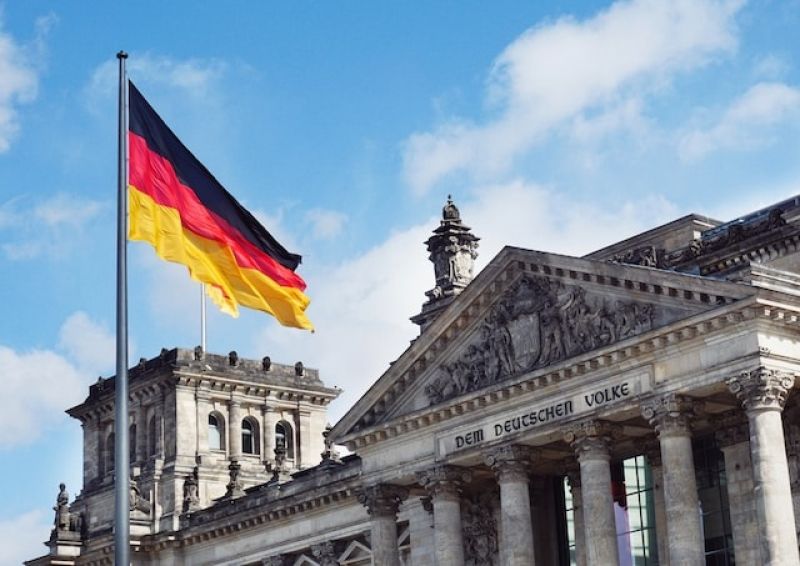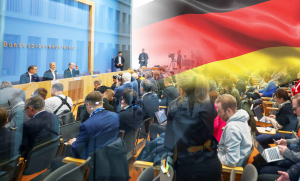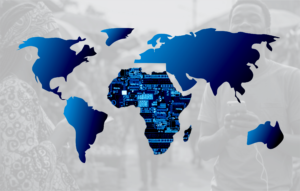Germany’s Business Leaders Call for a Bold Shift to Africa as a Business Partner

As global power dynamics shift and supply chains strain under geopolitical pressure, German business leaders are urging Berlin to turn decisively toward Africa as a true partner against seeing Africa as just a supplier.
In a policy paper, the Sub-Saharan Africa Initiative of German Business (SAFRI) argued that Germany’s economic future depends on what it called an overdue Africa shift. The call comes amid rising dependence on Chinese raw materials and growing fears that Europe’s industrial engine could falter without new sources of lithium, copper and cobalt, critical components for the green and digital transitions.

“Africa is not just a market for the future, but a partner for our economic durability. If we are serious about diversification, raw material security and new growth areas, we must act now” – said SAFRI Chairman – Thomas Schaefer.
The data tell a stark story: in 2014, just 18% of Germany’s lithium batteries came from China; by 2024, that share had climbed to nearly 50%. “Export stoppages from China are already leading to production declines in Germany today,” the paper warned, “endangering Europe as an industrial location.”
SAFRI’s proposal reads like a roadmap for a rebalanced relationship, as one rooted in collaboration rather than extraction. It calls for legally binding raw-material agreements with African nations, greater support for the African Continental Free Trade Area (AfCFTA), and renewed momentum for EU-Africa economic partnership deals.

Behind the policy language lies a larger story about shifting global alliances and family-owned firms in Germany’s Mittelstand grappling with disrupted supply chains. For many of these companies, Africa represents not only opportunity but a test of Europe’s ability to forge fairer, more future-oriented trade models.









